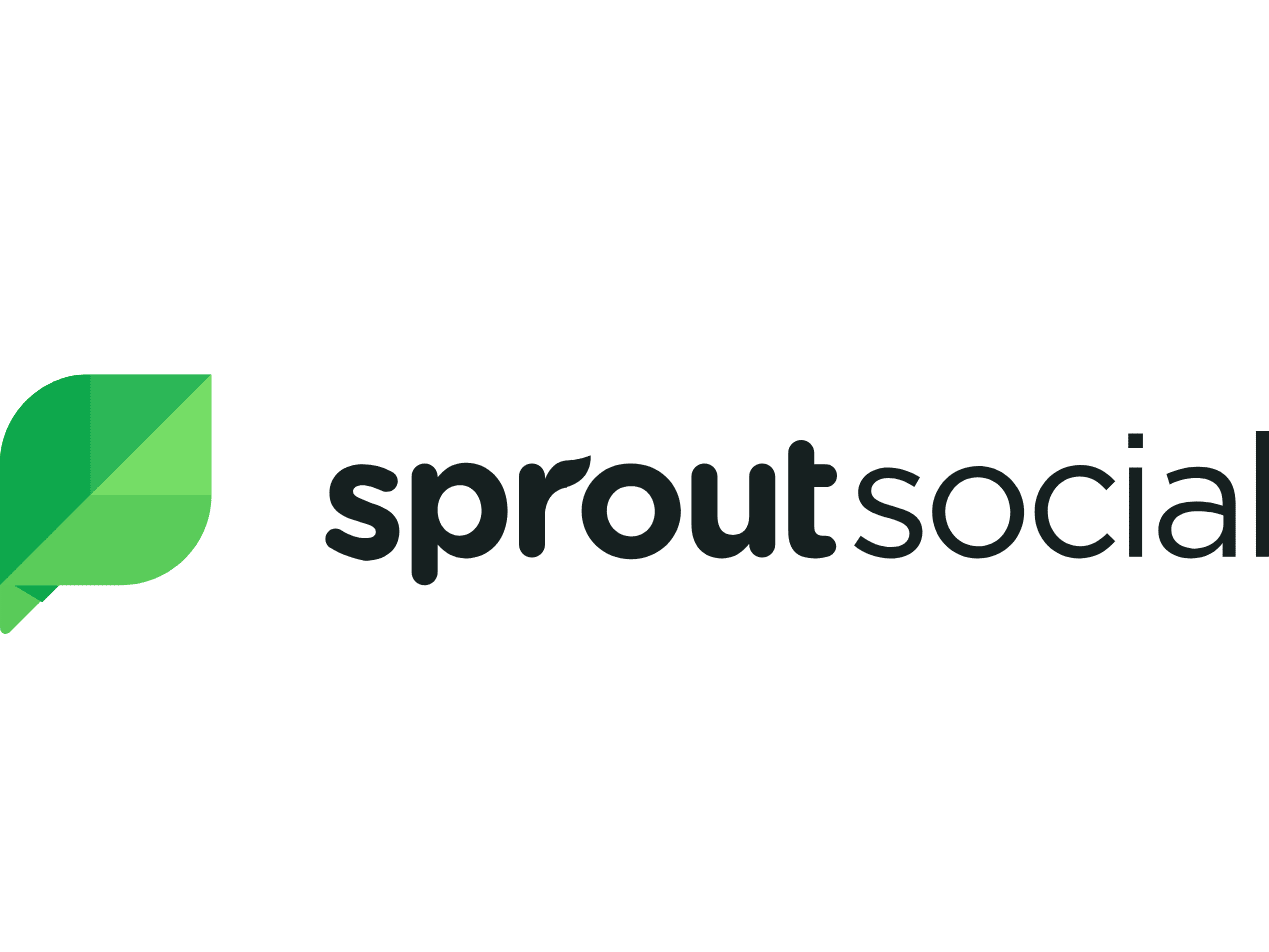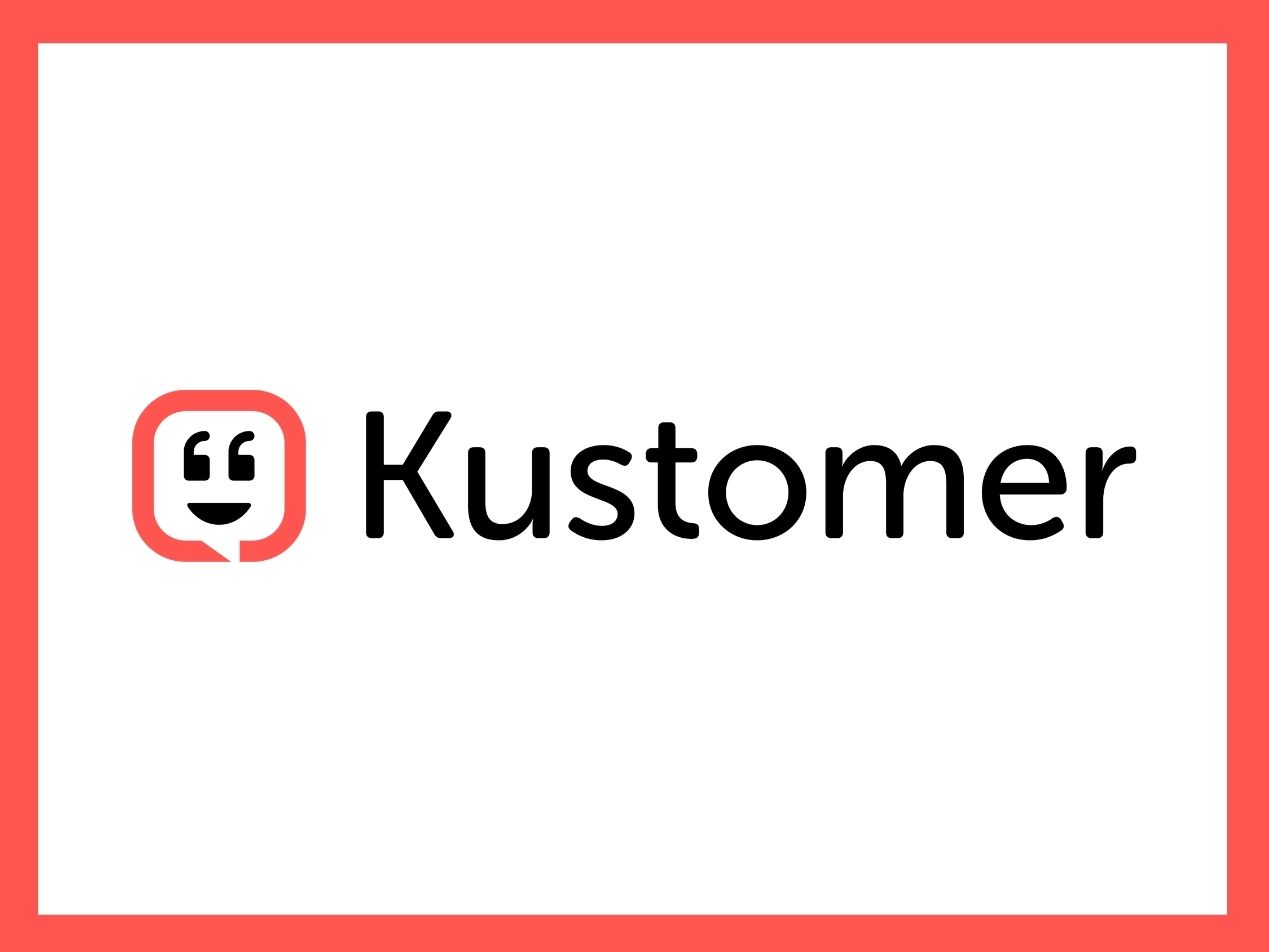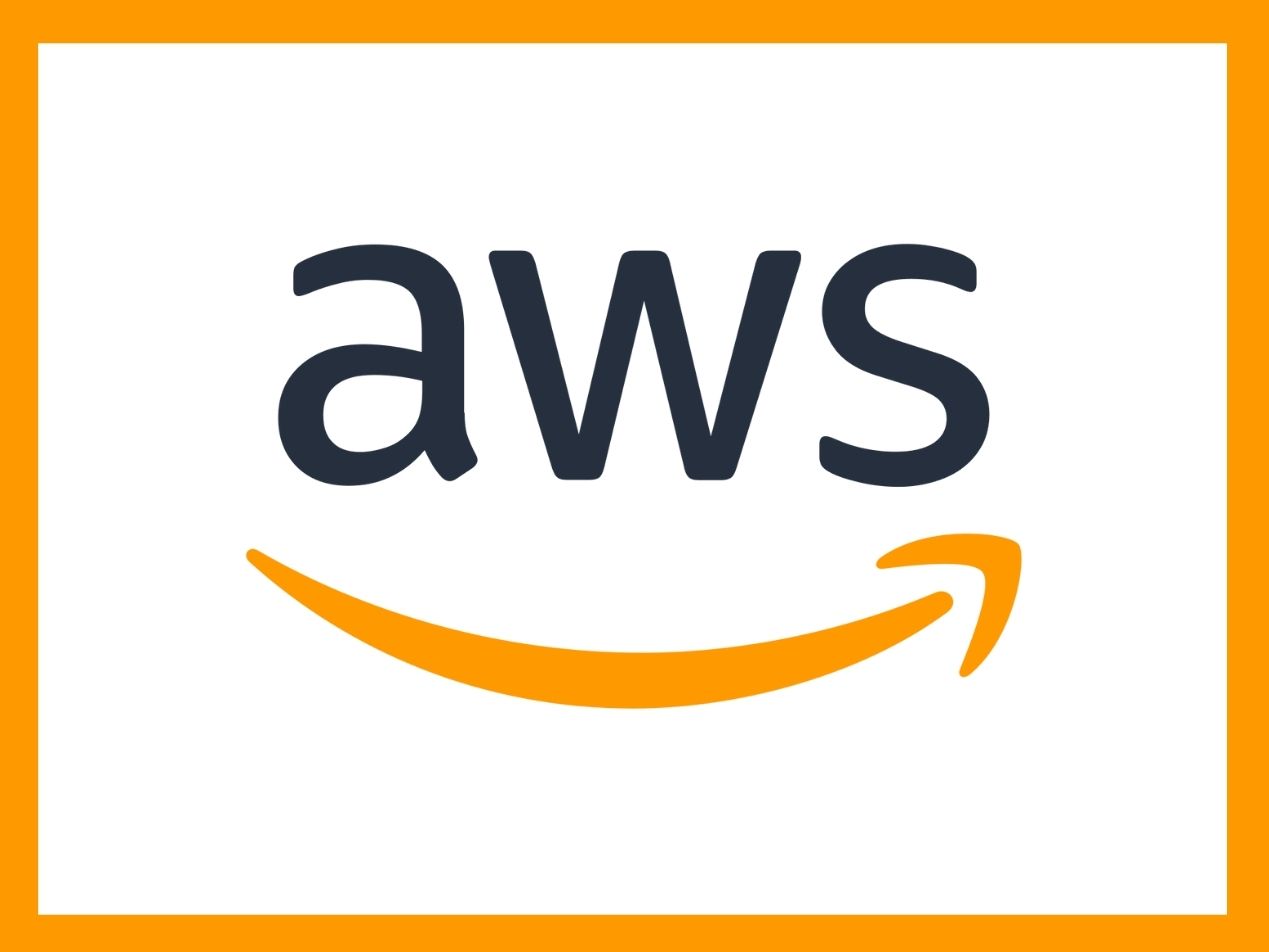
Sprout Social is a social media management platform that helps organizations manage publishing, engagement, analytics, and customer care across major social networks.
With Sprout Social, teams can streamline their social communication strategies while gaining insights into audience trends and performance metrics.
Is Sprout Social HIPAA compliant? No, based on our research, Sprout Social is not HIPAA compliant.
Will Sprout Social sign a business associate agreement (BAA)?
Yes, Sprout Social will sign a business associate agreement, which can be reviewed here.
What does the Sprout Social BAA cover?
Sprout Social offers a limited BAA for healthcare organizations with strict internal policies. However, it maintains that PHI should not be processed through its platform.
They state:
“Unlike other vendors you may be accustomed to working with, Sprout Social is not designed for HIPAA compliance. Consistent with our social network partners, Sprout Social’s Terms of Service prohibit customers from sharing, collecting, transmitting, or storing sensitive information, including protected health information (PHI) through the platform.”
“As such, we have prepared a tailored BAA that is scoped to the nature and limited risk profile of the services we provide.”
Their BAA covers:
- Risk mitigation for rare, inadvertent PHI exposure
- Encryption of data in transit and at rest
- Optional disclaimers and chatbot features to redirect users
- Role-based access controls and message tagging tools
What does the Sprout Social BAA exclude?
Sprout Social's BAA explicitly excludes the use of PHI on its platform and prohibits using the platform to store, process, or transmit sensitive health information.
From their Terms of Service:
“Sprout Social’s Terms of Service prohibit customers from sharing, collecting, transmitting, or storing sensitive information, including protected health information (PHI) through the platform.”
This significantly limits the platform’s use for HIPAA-regulated healthcare communication, such as patient messaging or health-related content delivery.
Conclusion
Sprout Social signs a BAA, but its platform is not designed for HIPAA compliance and explicitly prohibits the use of PHI. Sprout Social is therefore not HIPAA compliant.
Learn more: HIPAA Compliant Email: The Definitive Guide
FAQS
What is a business associate agreement?
A business associate agreement (BAA) is a legally binding contract establishing a relationship between a covered entity under the Health Insurance Portability and Accountability Act (HIPAA) and its business associates. The purpose of this agreement is to ensure the proper protection of personal health information (PHI) as required by HIPAA regulations.
What is HIPAA?
The Health Insurance Portability and Accountability Act (HIPAA) sets national standards for protecting the privacy and security of certain health information, known as protected health information (PHI).
HIPAA is designed to protect the privacy and security of individuals’ health information and to ensure that healthcare providers and insurers can securely exchange electronic health information. Violations of HIPAA can result in significant fines and penalties for covered entities.
Who does HIPAA apply to?
HIPAA applies to covered entities, which include healthcare providers, health plans, and healthcare clearinghouses. It also applies to business associates of these covered entities. These are entities that perform certain functions or activities on behalf of the covered entity.
Subscribe to Paubox Weekly
Every Friday we bring you the most important news from Paubox. Our aim is to make you smarter, faster.




